
How to Conduct Comprehensive Archival Surveys
Conducting a comprehensive archival survey is critical to successfully managing archival collections.

Conducting a comprehensive archival survey is critical to successfully managing archival collections.

The Catholic Diocese of Arlington’s Director of Archives selected ArchivEra to manage their collections of historical and cultural significance, and strike a balance between security and access.

Effective measurement is the key to assessing the impact of archival endeavors. Archivists play a crucial role in preserving historical records, and their efforts are best evaluated through well-defined benchmarks.

Archivists often help individuals manage and preserve digital files of personal significance.

A unique challenge arises in the intricate world of archives—the risk of archivists being perceived as self-promoters.
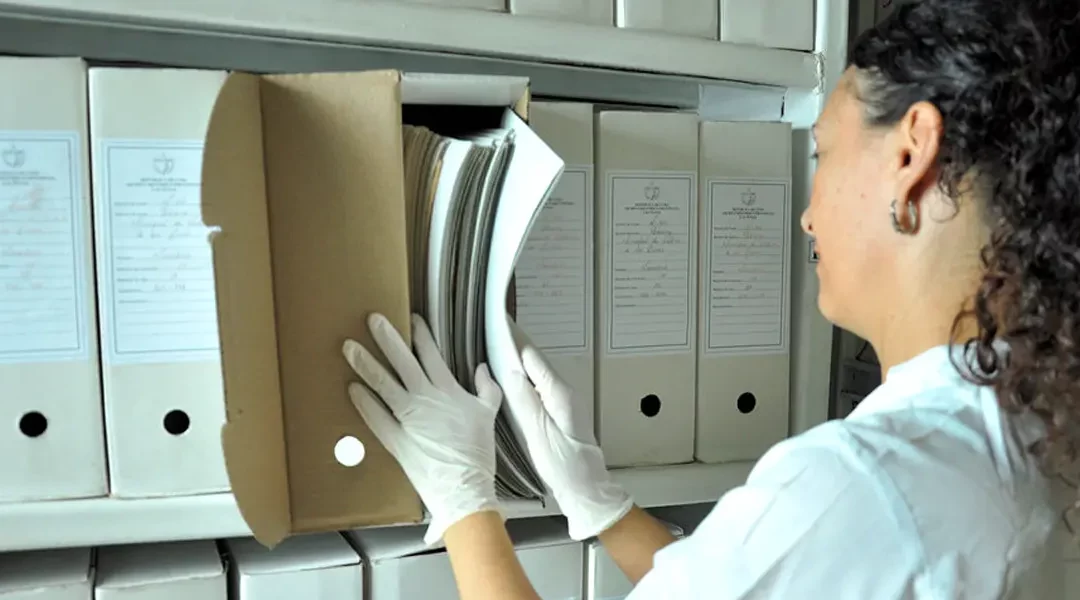
Many organizations have no room to store archival collections, so vigilance is needed to protect rare and fragile materials, especially audiovisual
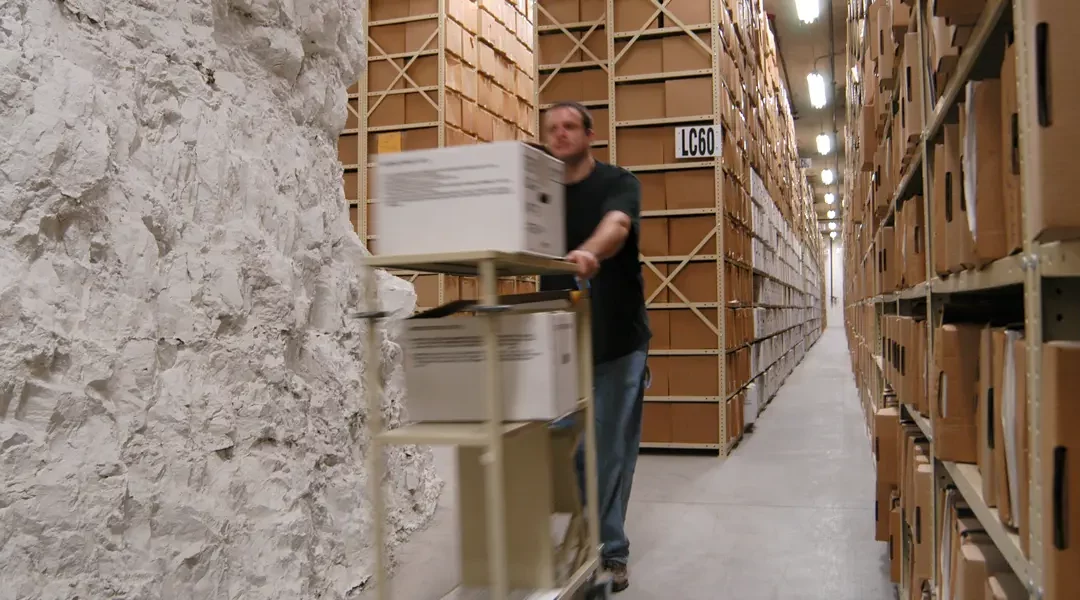
The Minnesota Method appraisal model is labor-intensive but less political than others. It is a transparent methodology for making appraisal decisions
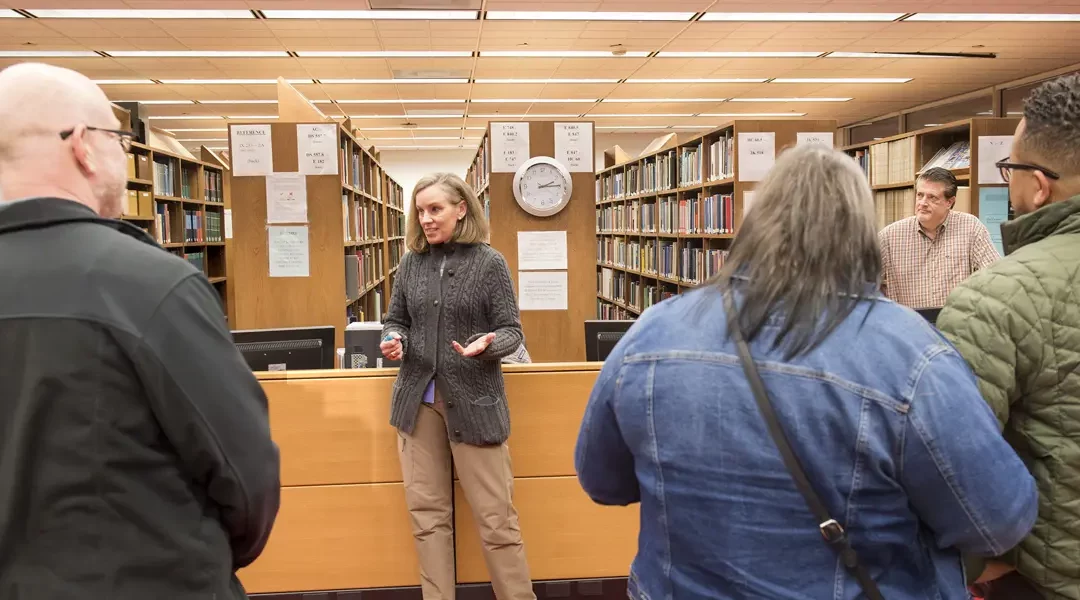
Few people understand what archivists do; in a field where so much is misunderstood, showcasing our work and demonstrating its value is needed.

Privacy issues for archivists and records managers include compromised data, deductive disclosure, and making public data available on the internet
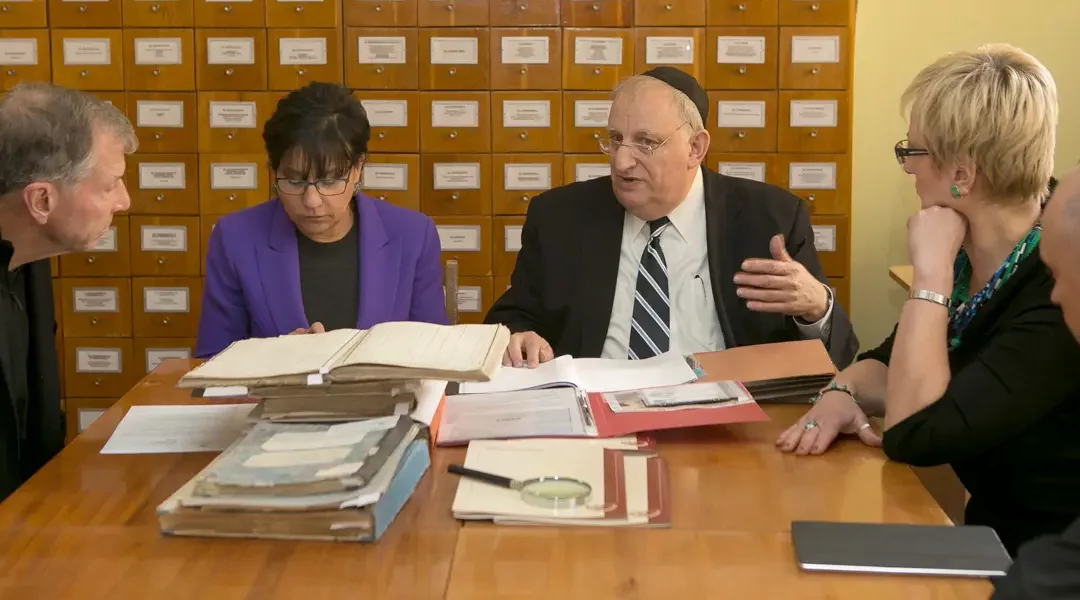
If the connection between the archives department and institutional success is clear, the organization will generally support an archives program.

ArchivEra was chosen by their solo archivist as the best archival collections management system for the Center for the History of Family Medicine
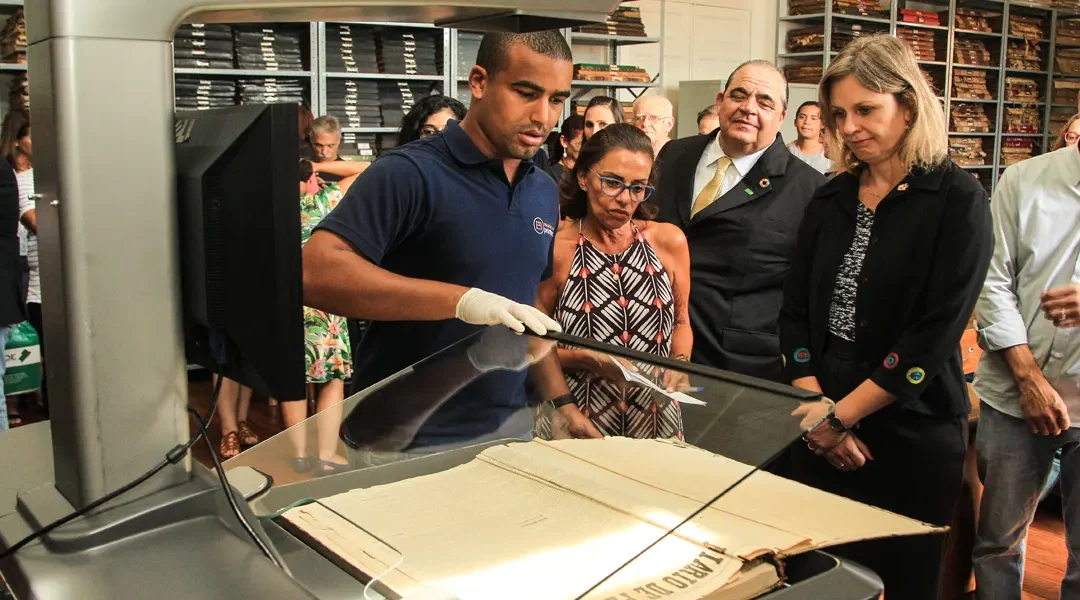
Any heritage organization considering a digitization project must also create digital preservation strategies for their newly digitized materials.
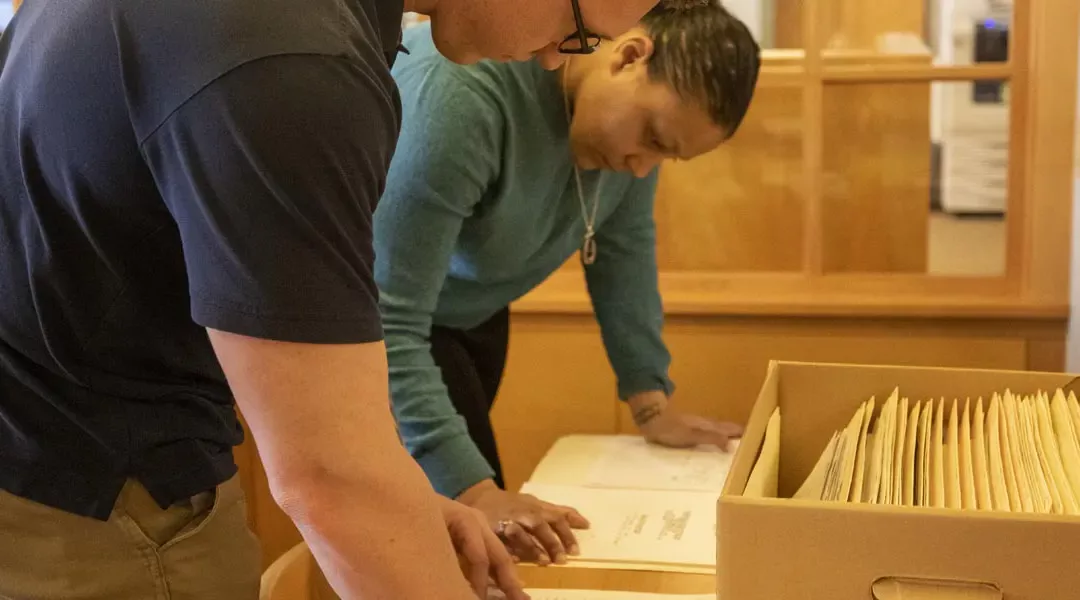
The basic principles of archives and records management need to be adapted to the current information environment, including technology
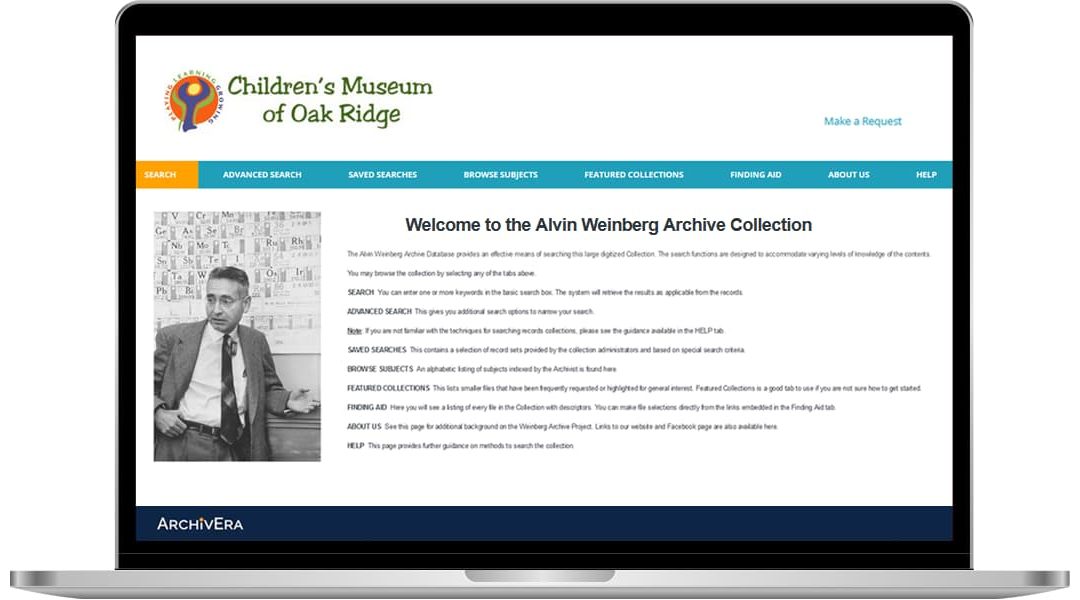
ArchivEra was chosen as the best archival collections management system for the Children’s Museum of Oak Ridge, especially for the Weinberg Collection

Metrics tell the story of archival collections. A robust archival collections management system can be used to gather powerful statistics.

As archivists select a suitable CMS for their organizations, they should look for systems with standards that allow archivists to export data.

Access to archival collections is challenging but a successfully implemented CMS makes discovery easier with internationally recognized data standards

Email integration within an archival collections management system allows for a better user experience and greater efficiency for archives staff.

When a CMS integrates with email requests, archivists benefit from knowledge management, database creation, analytics, and customer support.

Archival collections management systems should deliver a robust request management workflow and tools, and integrate with email to be most efficient.

Archival description encompasses the dual processes of cataloging and production of finding aids; can current descriptive standards facilitate this?
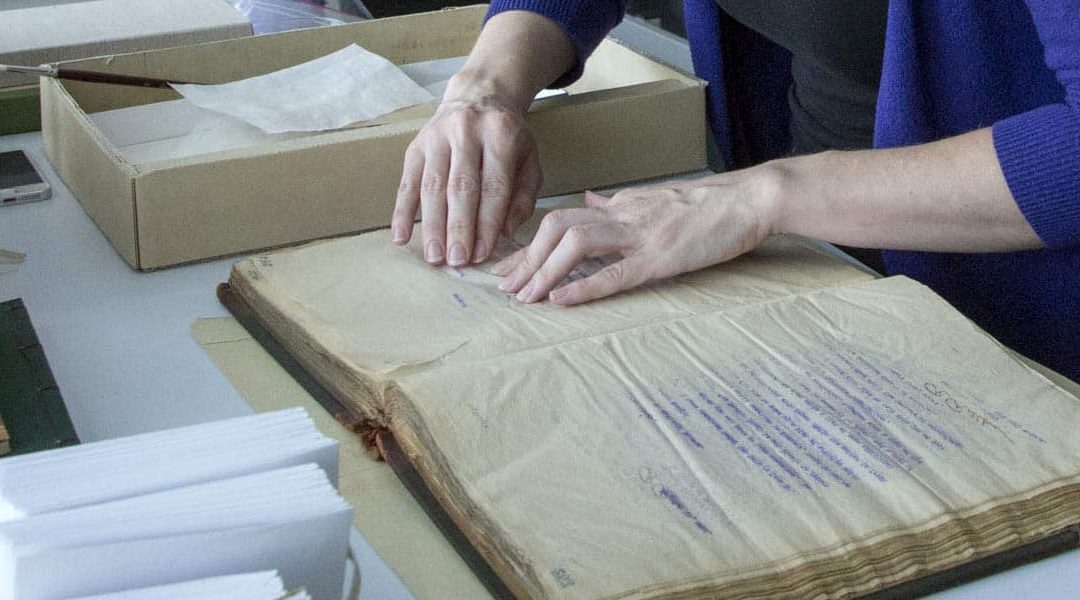
Archivists must make decisions to determine what materials have enduring value and deserve preservation over the long term; appraisal and selection.

Archival collections management systems should automate workflows effectively to allow archivists to focus on the deep intellectual work of processing

Archival organizations must continuously evolve to keep pace with the changing information environment. A common way to stay current is to install a collections management system (CMS).

As archivists innovate via online publishing and digital techniques, visitors enjoy, understand, and appreciate both digital and physical collections.